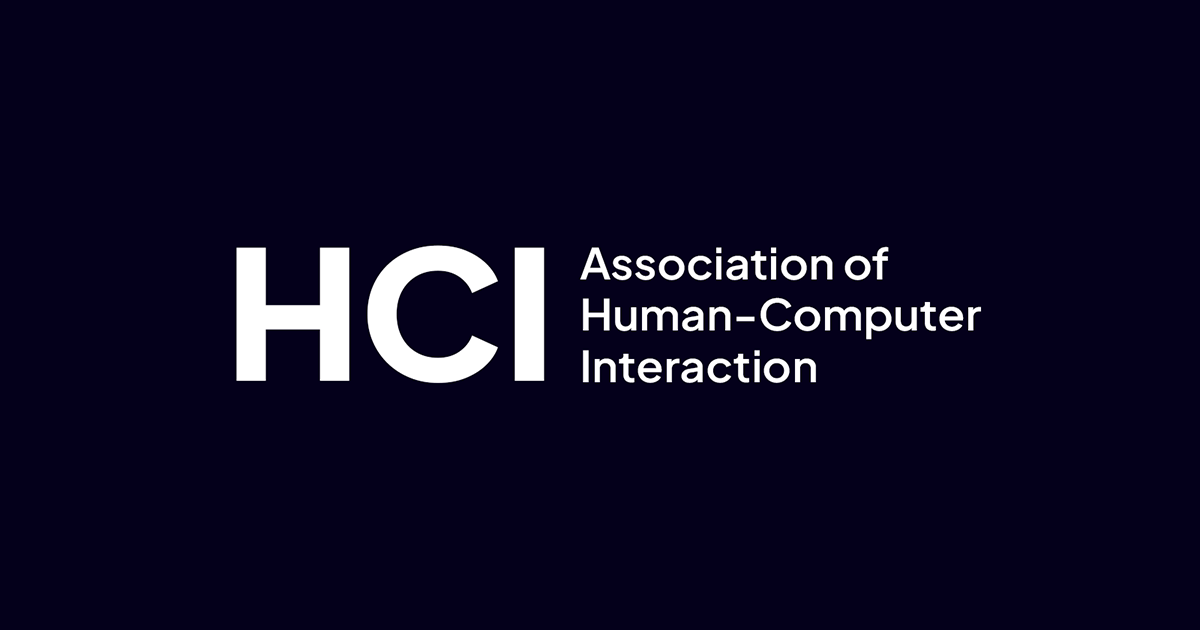Association of Human-Computer Interaction
Open Science
The original article is published under the Creative Commons Attribution 4.0 International (CC BY 4.0) license
Traceability system using blockchain: user perspectives of Thai coffee supply chains
Atima Tharatipyakul; Suporn Pongnumkul; Nithita Riansumrit; Siripra Kingchan; Suchit Pongnumkul
October 12, 2022
This work explores the use of blockchain technology for traceability to improve food safety and value, focusing on the coffee supply chain as a case study. The main objective was to assess the feasibility in terms of design, perceived benefits and challenges. Application of blockchain and traceability from the user perspective. We implement a prototype with an iterative user-centric interface design. We then used the prototype to answer our research questions in a mixed-method investigation, including in-depth interviews (10 participants) and a survey (350 participants) with stakeholders in the coffee supply chain in Thailand. Results showed that a timeline-based layout was preferred over a map- or text-based layout for visualizing traceability information and that blockchain was a promising technology, with 67% of survey respondents seeing blockchain positively impacting application adoption. The most notable benefits were provenance verification and increased product reliability. The most notable challenges were inaccurate or incomplete information and disclosure of trade secrets. the proposed traceability system, which includes: (1) providing reliability and integrity of information through cross-checking with third parties or other users, (2) protecting confidential information by aligning users' interests or enabling control over information disclosure, and (3) educate growers and give them motivation for the hardship and extra work.
The Impact of Augmented Reality (AR) on User Interface Design: Designing for Mixed Reality Experiences
August 7, 2023 Articles
Exploring the Role of Gestural Interaction in User Interface Design: Challenges and OpportunitiesJuly 31, 2023 Articles
The Role of Motion Design in User Interface: Enhancing Usability and User Experience